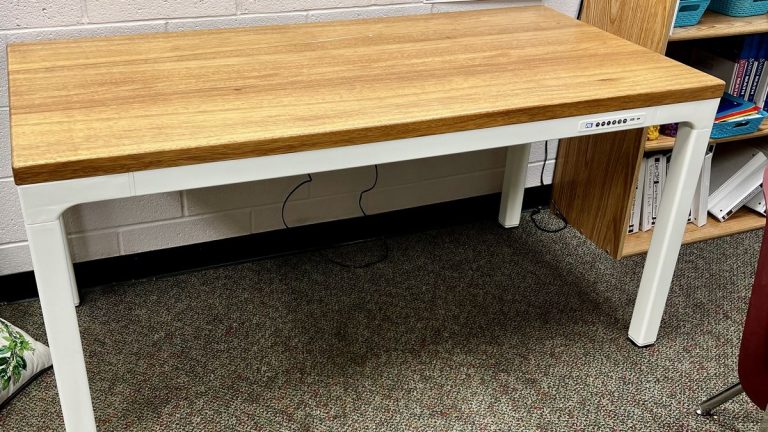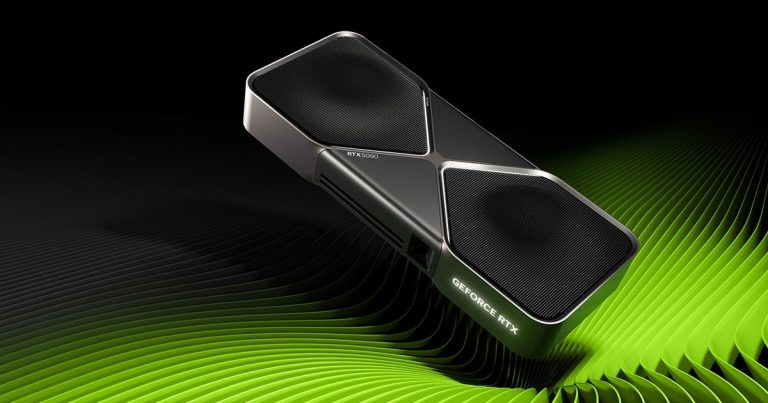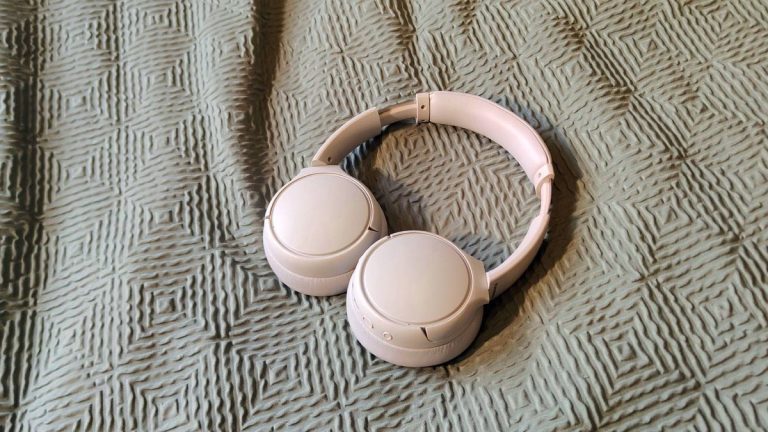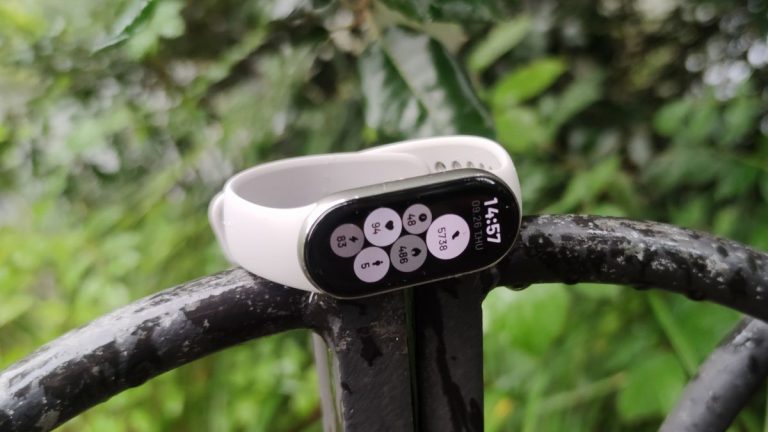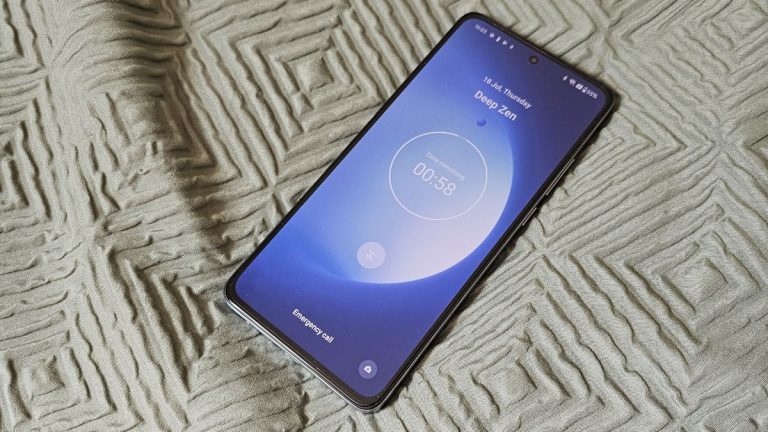Should Facial Recognition Unlock Your Home: Is Apple’s Face ID Security a Benchmark for Smart Homes?
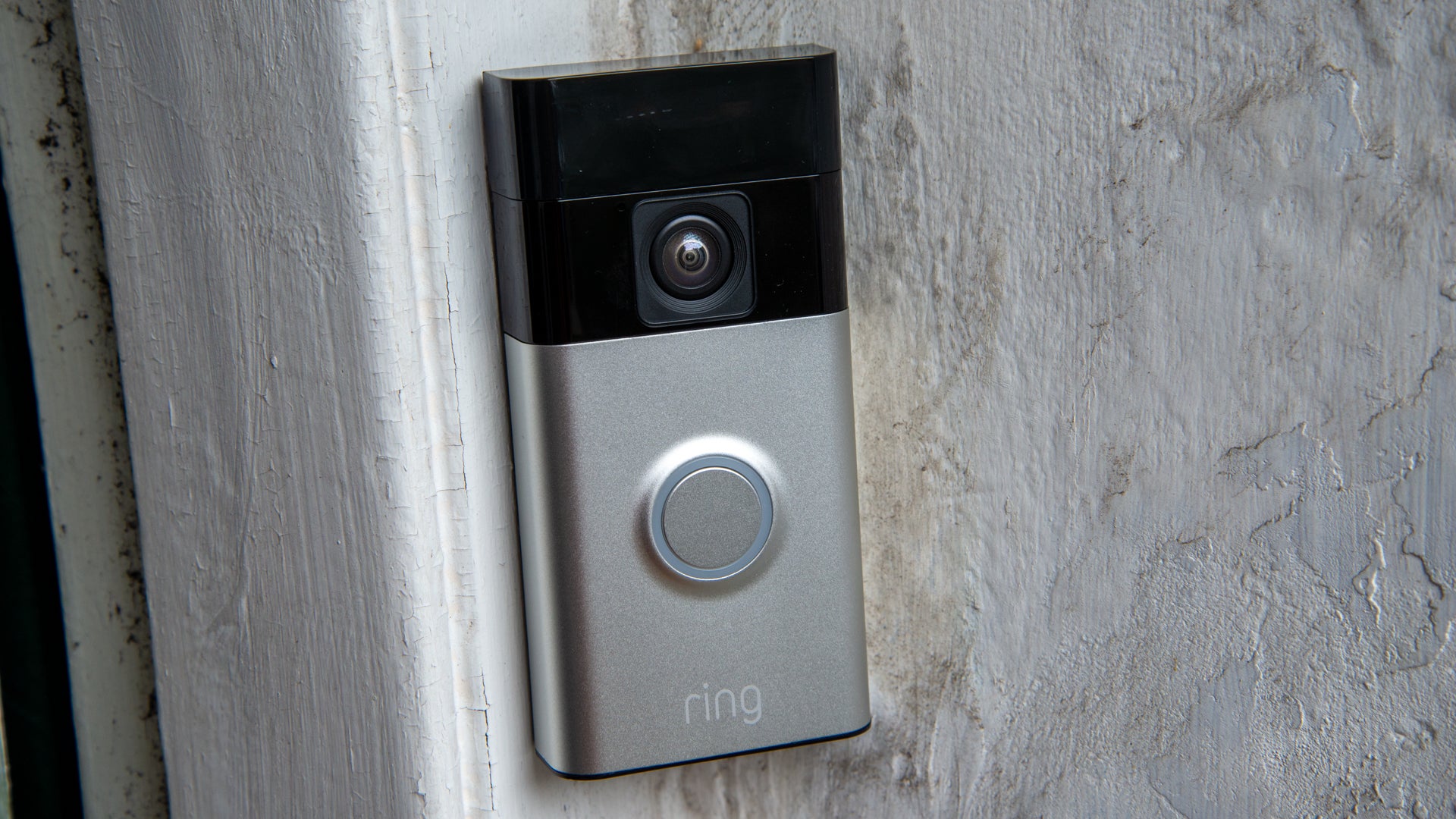
Why Apple’s Face ID-Enabled Video Doorbell Shouldn’t Scare You
When it comes to home security, it’s natural to feel uneasy about new technologies entering the market. But, as Apple prepares to launch a Face ID-enabled video doorbell, it’s essential to consider the bigger picture.
The Value of Your Home vs. Your Phone
What’s more valuable: the contents of your home or the contents of your phone? It’s a question worth asking. Apple users have trusted Face ID as a replacement for passwords for years, and it’s a technology that has proven to be secure. So, why should we worry about it being used to unlock our homes?
Think about it: your phone contains sensitive information like bank accounts, investments, and personal photos. It’s a digital treasure trove that’s easily accessible. On the other hand, your home contains physical items that may be valuable, but are also more easily replaceable. The emotional trauma of a home break-in is significant, but the financial and real-life cost of a phone break-in could be exponentially greater.
The Power of Context
In the digital world, context is everything. A single text or email can be taken out of context and used to cause harm. In your own home, you’re free to speak freely without worrying about your words being misinterpreted. The digital world requires a different level of caution, and that’s something to consider when evaluating Apple’s new technology.
Apple’s Edge in Home Security
According to reports, Apple’s new video doorbell will feature advanced facial recognition and wirelessly connect to a deadbolt lock. The plan is for the device to automatically unlock the door when it recognizes an owner or resident, just like an iPhone. This feature could give Apple an edge in the market, as consumers may trust the company’s commitment to privacy more than its rivals.
Risks and Challenges
There are risks involved with this technology, of course. Face ID has been a secure platform on the iPhone, but it’s not a given that it will translate to a new platform. If Face ID fails or someone finds a way around the security, it could lead to a public relations nightmare. Additionally, Apple is not immune to mistakes, as seen in recent difficulties with Apple Intelligence news summaries.
The Verdict
So, should you trust Apple with your home security? If you trust Face ID to keep your phone locked, you should probably be okay with it only unlocking the door when it sees a familiar face you’ve given permission to enter. The technology is still in its early stages, and it will likely take some time to become a reality. But, with Apple’s commitment to privacy and security, it’s hard to imagine a worst-case scenario.

